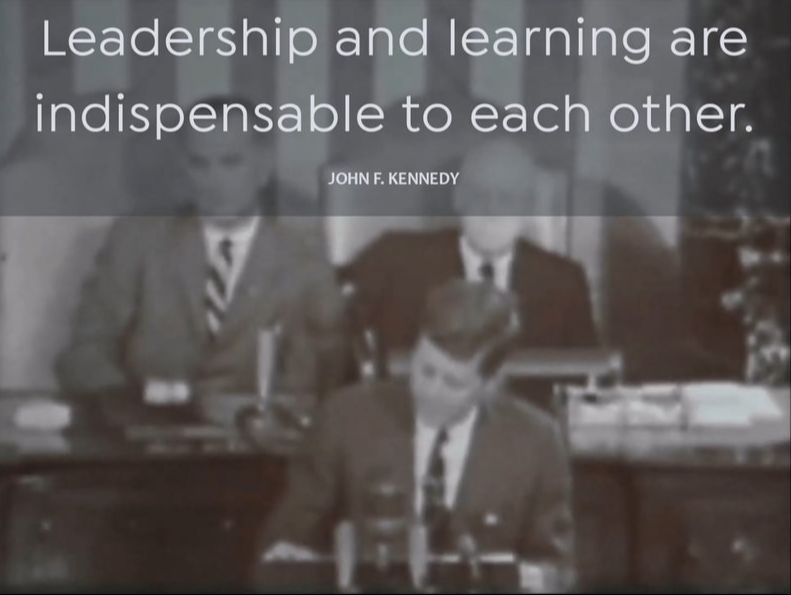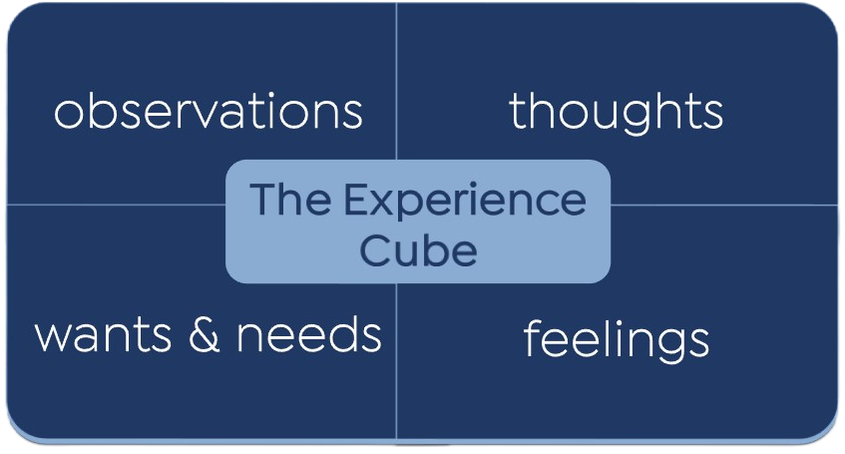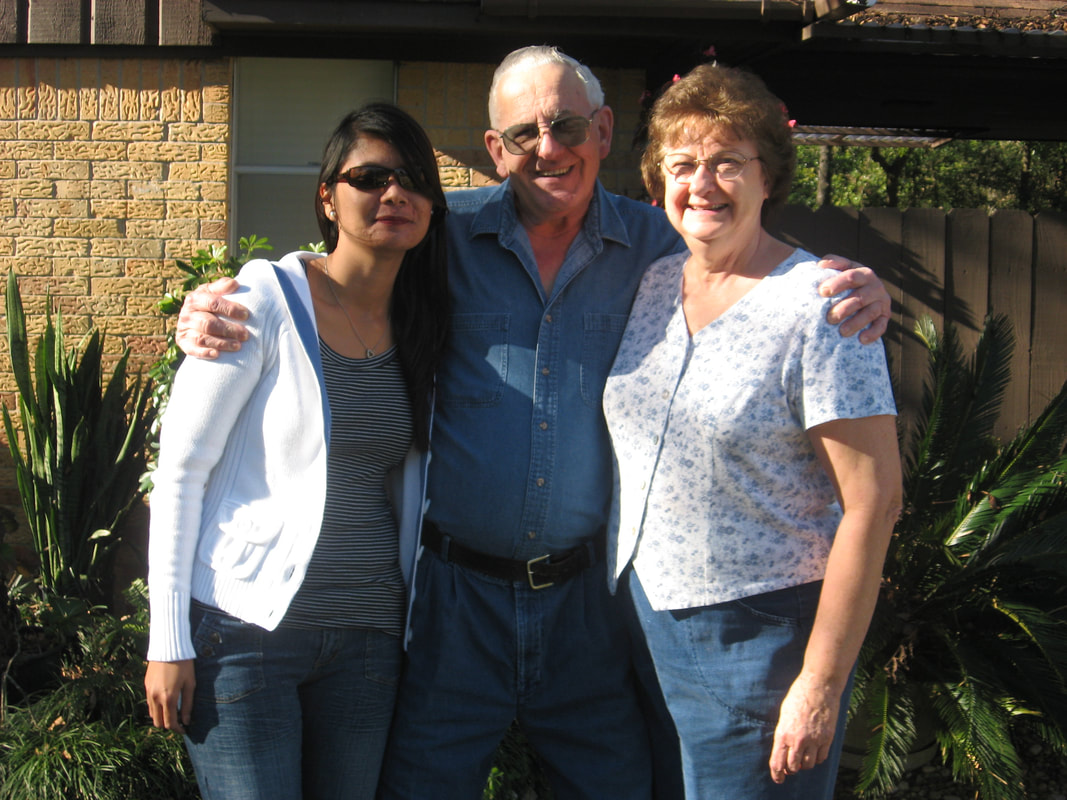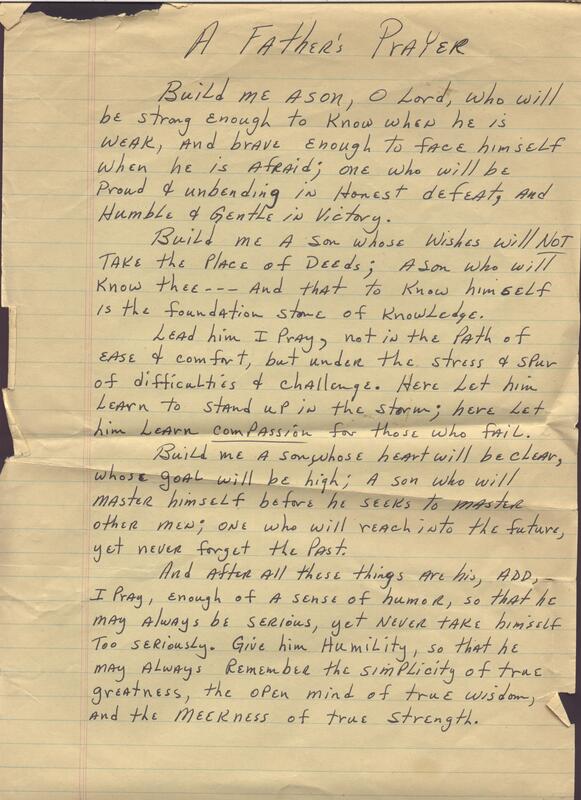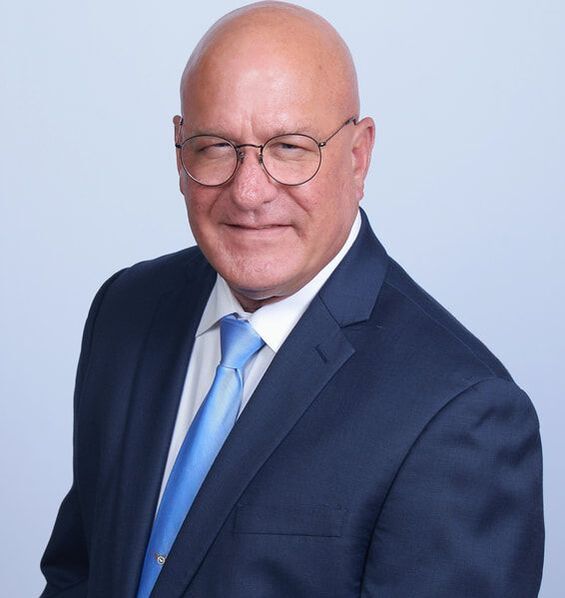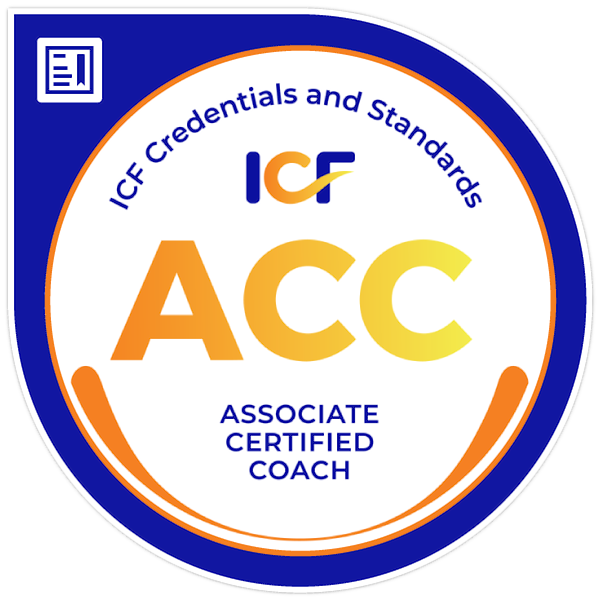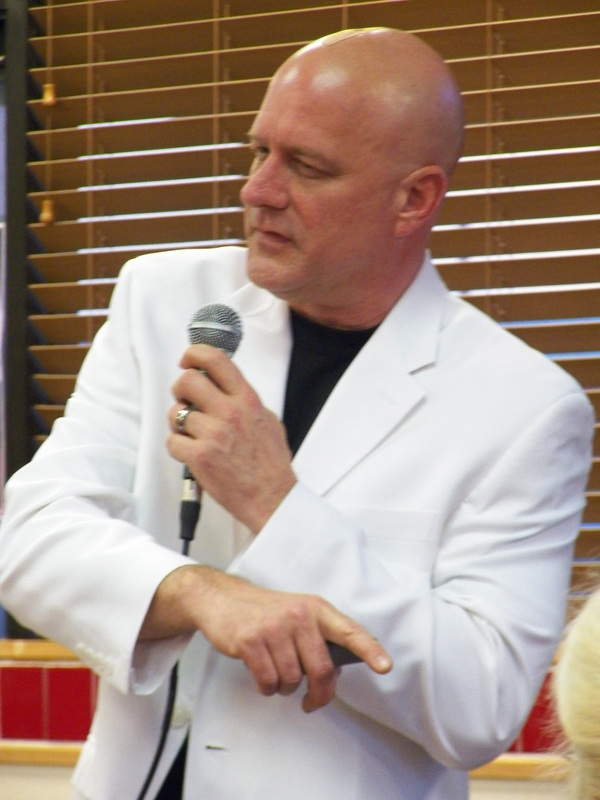|
The best leaders always seem to be hungry for new knowledge, skills, and a deeper awareness of themselves and the world. Why? Learning is a form of change and growth and change is arguably the essence of leadership. The best leaders are on a continual journey of learning, whether that is formally or informally. That is what you are doing by reading this blog. This continual learning process either begins with or leads to an inner journey of self-discovery. Knowing your strengths and areas of needed growth, how you deal with crises and disappointments, having a personal vision, being aware of your beliefs, thinking patterns, and emotional reactions, and other areas of personal development are your greatest source of power as a leader. It is from a personal journey of discovery that the most effective leaders learn the best, and the worst, about themselves. With that awareness, they learn to wield and cultivate their best and work on improving the worst. This heightened sense of awareness of self opens up whole new ways of relating to and influencing others. Inspired by their own expanding awareness and abilities, they are then empowered to enable and challenge others to learn and grow, too. Great leaders have a commitment to continual learning. Ursula G. Lohmann, PhD, the former Dean of Academics at the Army Management Staff College, wrote, “Good leaders never slack off learning, they make it conscious, and they take every opportunity to apply it… Leader is or ought to be synonymous with learner.” I agree. It seems John F. Kennedy did too. Coaching is one of the best ways to learn and grow in meaningful and powerful ways!
Reach out to me today! Impactful change starts with a conversation! Schedule your free, one-hour session by clicking here: Discovery Conversation with Alan Or call or email me: Contact Page Have an amazing journey today! Alan Mikolaj is a coach and leadership development consultant with 15+ years of experience. He is passionate about helping leaders transform their leadership, their teams, and their organizations. Impactful, professional approach driven by a passion for meaning and purpose, a growth mindset, and a commitment to excellence and service in order to drive change and results.
Alan maintains the ethics and standards of behavior established by the International Coaching Federation (ICF), including the standards regarding confidentiality. You can learn more about them on the ICF website.
0 Comments
THE ONE THING THAT MAY BE COMPROMISING YOUR TEAM CULTURE, YOUR INFLUENCE, & YOUR INTEGRITY2/20/2023 Once a story about a person or group gets created, it becomes difficult to dislodge. One big problem is that people forget they are operating from stories and come to believe their stories are “the truth.” GERVASE BUSHE  Every one of us has a deep need to make sense of ourselves, what's going on around us, and of each other. We need to make sense of the world—whether that's the wider world, our work environment, or at home. Stories But we have a funny way of going about that; especially when we try to make sense of what other people are doing and saying. We almost always create a story about it in our head—and we rarely go directly to the person we're trying to make sense of to check it out with them. We do go to others we trust, however. We share our experience and tell our story about it and they share theirs and add to the story. Add in a little confirmation bias and our story builds. And those you're trying to make sense of? They're creating their own stories about you and their experiences of you. Employees are making up stories about leaders and leaders are making up stories about employees. Teams make up stories about other teams. Customers and vendors make up their own stories, too. The worst part? We call it true. We call it the truth. In his book, Clear Leadership, Gervase Bushe calls this interpersonal mush. Hierarchies The negative effects from this phenomenon are amplified when power in a relationship is unbalanced. In other words, when one person has authority over another. Most of us learn very early on to take cover around authority figures. We try to learn what it is they want us to say and do and hide what we may be truly feeling and thinking so as not to upset the boss or make the boss angry. Positive spins on what's really going on and keeping things to ourselves (or maybe with trusted others) become a rampant, self-defeating behavior cycle. No one wants to displease the boss or fall out of their good graces. Our survival and prosperity seems to depend on it. And those in authority? Because of their authority and the assumption that their experience and their perception of it is true, bosses can easily impose that 'truth' on others inflicting even further damage. This inadvertently sabotages ourselves, our relationships, and our team culture. Left unchecked, it can at best be self-defeating behavior that negatively impacts engagement, productivity, innovation, authenticity, and so much more. When a leader imposes—intentionally, consciously or not—it puts at risk others' perceptions about the leader's integrity. At its worst, interpersonal mush plants the seeds for a psychologically unsafe environment. What can you do about it? Everyone is having a unique experience. First, recognize and acknowledge that everyone is having their own, unique experience. Ask ten different team members to describe what happened in the last staff meeting and you'll get ten different answers. Some of those descriptions may be more alike and others will be starkly different. But everyone's experience is uniquely their own and we each create our own experiences, whether we do that consciously or not. Until you recognize and acknowledge that everyone is having a different experience with the same event and develop a self-awareness of your own experience and the narrative-building that you do yourself, you cannot move past interpersonal mush. Model authentic vulnerability. Creating a safe environment where true authenticity, collaboration, healthy conflict, and innovation can take place must first be modeled and led by the leader. Learn to describe your experience, not your judgments. Gervase contends that experience is composed of four elements:
He calls it The Experience Cube. The ability to clearly and authentically share your own experience is key to improving relationships, patterns of interaction, and team culture. That is done by sharing your observations (facts that can be verified) coupled with your thoughts, feelings, and desires. We often confuse our thoughts—interpretations and judgments about an event—with observations or facts. Those who have taken Crucial Conversations may recall a similar strategy when we differentiate between facts and stories. Notice the difference:
Model curiosity. Because you know and recognize that everyone is having their own unique experience, a sense of curiosity about their experiences—and not judgment—is the next step. Teach others about the Experience Cube and invite them to share their experience, too. Do that without judgment or defensiveness. Park your reactions and listen. As Stephen Covey says, "Listen to understand." Gervase writes it this way: "Listen to their thoughts without trying to change their minds. Listen to their feelings without trying to make them feel better. Listen to their wants without feeling responsible for satisfying these wants for them." Model appreciation. Authentically thank people for sharing. That takes guts. You both now have greater clarity between you. Part of true appreciation is also noticing and recognizing the strengths, capabilities, and the goodness that others bring to the table. It also opens the space to recognize common values, vision, and purpose. Build intersubjective truth and solutions. When two or more people can authentically share their experience without judgment, there is an opportunity to build a co-created truth or an intersubjective truth. This type of truth is necessary for building collaboration, partnerships, a positive culture, and positive change. When I understand what you're experiencing and want and you understand what I'm experiencing and want, a safe space is created where we can now build a mutually supportive experience and work toward more meaningful and innovative solutions. Have an amazing journey today! Alan Mikolaj is a coach and leadership development consultant with 15+ years of experience. He is passionate about helping leaders transform their leadership, their teams, and their organizations. Impactful, professional approach driven by a passion for meaning and purpose, a growth mindset, and a commitment to excellence and service in order to drive change and results.
Alan maintains the ethics and standards of behavior established by the International Coaching Federation (ICF), including the standards regarding confidentiality. You can learn more about them on the ICF website. February 12 is Abraham Lincoln's birthday. It's also my late father's birthday. Benjamin Abraham Mikolaj got his middle name after being born on February 12. Pictured above with the two women I love most in the world, my wife and my mother, I celebrate and remember him with you today because among the many lessons he taught me, there is something he gave me that you may find value in, too. The story When I was around 16 or 17 years old, I had a period when I was not the most agreeable of persons most of the time. One week, I had been particularly disrespectful towards Mom and argumentative with seemingly everyone. Instead of sitting me down and giving me a lecture or punishing me, he did something uniquely Dad. The next day I came home from school, I found a yellow legal pad page with this in his handwriting on my dresser: A Father’s Prayer Build me a son, O Lord, who will be strong enough to know when he is weak,  Benjamin Abraham Mikolaj, US Air Force, Korean War Veteran Benjamin Abraham Mikolaj, US Air Force, Korean War Veteran You see, my dad was usually a man of few words. Born in the middle of the Great Depression, who came of age during World War II, and who served in the Korean War, his stoic style was common. So, to discover such depth and wisdom coming from him through a prayer he shared with me sitting there on my dresser had an impact on me that continues to resonate today. He was offering me a shot at greater meaning and purpose beyond my selfish perspective and in his way, was giving me a chance to develop me into a better man than the path I was on in that moment. Beyond the immense wisdom in the prayer itself, are the lessons of how he led and taught that to me. He didn't need pomp and circumstance, a long-winded lecture, punishment, or yelling and screaming. Like Lincoln, he modeled gentle persuasion, persistence and grit, subtle strength, and integrity. Dad's typical stoic nature created the space that when he did communicate, it stood out. And he could do it through sharing his prayer. My prayer today is to live up to the wisdom in his prayer and his example. Happy birthday, Dad! You and Mom are my first and best teachers and leaders! Have an amazing journey today! Alan Mikolaj is a coach and leadership development consultant with 15+ years of experience. He is passionate about helping leaders transform their leadership, their teams, and their organizations. Impactful, professional approach driven by a passion for meaning and purpose, a growth mindset, and a commitment to excellence and service in order to drive change and results.
Alan maintains the ethics and standards of behavior established by the International Coaching Federation (ICF), including the standards regarding confidentiality. You can learn more about them on the ICF website. When you blame others, you give up your power to change. DR. ROBERT ANTHONY Do you know what motivates others at work? Research from Duke University and George Mason University reveals that, although you might think you do; you probably don’t. What executives think At regular intervals over a forty year period, executives were asked to rank what they thought motivated their employees. They consistently got it wrong. Executives erroneously believed that external factors and incentives such as compensation, bonuses, job security, and promotions are what most motivated their employees. What employees think But employees say it is inherent factors, such as interesting work, being appreciated for making meaningful contributions, a feeling of being involved in decisions, and being part of something bigger (meaning and purpose at work) is what motivates them most. However, employees were no better off predicting what motivated their bosses and peers. They got it wrong, too; believing it is external factors that motivates others—especially superiors. The fact is, most executives report being the most motivated by autonomy, their inherent interest in their work, big challenges, and a sense of relatedness with colleagues. The self-serving bias & the extrinsic incentive bias In psychology we call these biases—particularly the self-serving bias and the extrinsic incentive bias. We give more credit to our internal or inherent motivations to ourselves than we do to others and think others are more externally motivated than they probably are. These biases between boss and employee can lead to suboptimal incentive, reward, and compensation programs. But more importantly, it erodes trust which makes working well together difficult. This doesn’t mean that money, promotions, and the like are not important. They are. Just much less than we think. Other research shows that as long as employees feel they are earning a fair wage, inherent factors begin to take over as motivators, or if not met, as a detriment. What to do about it When both leaders and employees reduce blame and finger-pointing by clarifying and then reversing erroneous beliefs and automatic negative thoughts (ANTs) about each other, we foster trust, engagement, and a better working environment—and we know that that leads to higher productivity, reduced turnover, higher customer satisfaction, and increased profits. And who doesn’t want that? Have an amazing journey today! Alan Mikolaj is a coach and leadership development consultant with 15+ years of experience. He is passionate about helping leaders transform their leadership, their teams, and their organizations. Impactful, professional approach driven by a passion for meaning and purpose, a growth mindset, and a commitment to excellence and service in order to drive change and results.
Alan maintains the ethics and standards of behavior established by the International Coaching Federation (ICF), including the standards regarding confidentiality. You can learn more about them on the ICF website. |
Alan Mikolaj
Alan Mikolaj is a a professional, experienced, positive, and passionate speaker, leadership and organizational development consultant, change agent, author, and coach. He holds his Master of Arts degree in Clinical Psychology from Sam Houston State University. He is a certified graduate coach from Coaching Out of the Box and holds his ACC and membership with the International Coaching Federation (ICF). Free Discovery Conversation!
Impactful change starts with a conversation! Schedule your free, one-hour session by clicking here: Discovery Conversation with Alan
Or call or email: Contact Page In his third book, A Travel Guide to Leadership, Alan offers you simple, fundamental, and powerful lessons that have the power to transform you, your relationships, and your career.
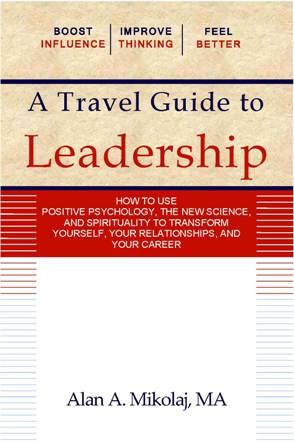
Blog Archives
July 2024

Linked2Leadership
Ranked #1 Business Blog! |
|
CONTACT
TEL: 346-291-0216 EMAIL: [email protected] SCHEDULE TIME WITH ALAN Free Discovery Conversation with Alan |

